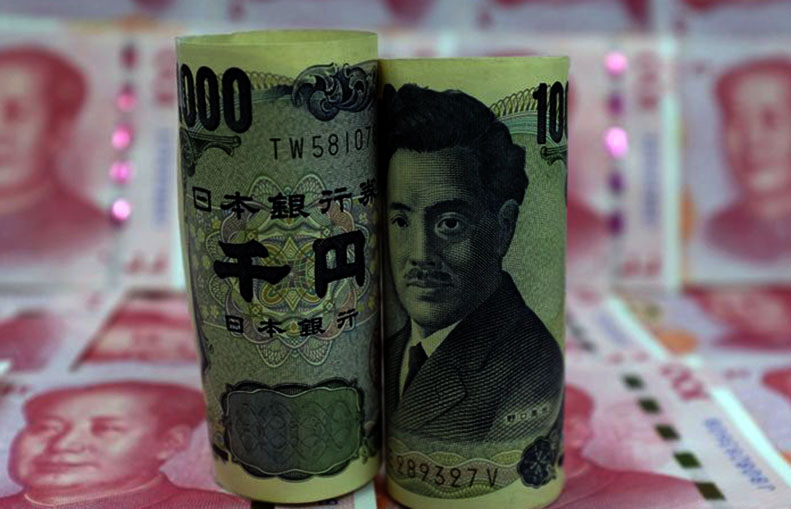(Reuters) The euro moved lower on Friday after contradictory remarks from European Central Bank officials, as expectations of a 50 basis point (bps) rate rise from the Federal Reserve bolstered the dollar.
Christine Lagarde, President of the European Central Bank, sent some dovish signals by stating that the central bank may need to lower its growth forecast. People at the European Central Bank (ECB) are getting more and more excited about ending the Asset Purchase Program early and raising the interest rate in July. This comes after ECB dove Luis de Guindos joined them.
Fed Chair Jerome Powell indicated that a half-point rate hike “would be considered” at the Federal Reserve’s May 3–4 meeting.
Currency markets pay a lot of attention to what the future holds for monetary policy because higher interest rates make currencies more valuable.
To persuade the market in the long run, all ECB members must work together. There will almost certainly be some fluctuations, but they will eventually return to USD strength, “Moritz Paysen, Berenberg’s FX, and rate consultant said in a research report.
The Eurozone PMI data, indicating surprisingly strong company expansion this month, failed to offer immediate direction to the market.
The euro slipped 0.2 percent to $1.0812 against the dollar, while the dollar index gained 0.3 percent to 100.885.
Investors are awaiting the outcome of Sunday’s French presidential run-off election. Recent surveys indicated that Emmanuel Macron would win with 55% of the vote.
“Polls showing President Emanuel Macron with a sizable lead over Marine Le Pen may provide support ahead of the second round of the French presidential election,” Unicredit (BIT:CRDI) analysts said in a note.
Analysts warned that the election of far-right contender Marine Le Pen as France’s next president might exacerbate relations with Europe’s allies. During the debate, Le Pen said that she would try to get France to leave NATO’s military framework. This move would put the country on the verge of leaving the European Union and the single currency.
“While we continue to think the euro has some downside potential, we believe the margin of this downside will gradually narrow to less than 1.07, if at all, “Unicredit analysts stated.
Commodity currencies are in the red, and oil prices continued losses on Friday, weighed down by the threat of interest rate rises, a sluggish global economy, and China’s COVID-19 trade restrictions.
The Australian and New Zealand dollars lost roughly 0.8 percent to $0.7308 and $0.6679, respectively, while the Norwegian crown slid 0.2 percent to 8.928 per dollar.
The Chinese offshore yuan fell 0.4 percent to 6.502 yuan per dollar in London trading, setting the stage for its worst week in more than two and a half years.
People in the market talked about whether this week’s decline was caused by the government’s response to the economic downturn.
COVID-19 remained the most major negative risk to China’s near-term development prospects, according to Deutsche Bank (ETR: DBKGn) analysts, and “the Chinese yuan will likely suffer devaluation pressures in the coming quarters.”
The Japanese yen was up 0.2 percent against the dollar at 127.88, but it was still close to its lowest level since April 2002, 129.43, which was reached on Wednesday as the central bank kept its ultra-loose monetary policy in place.
Japan’s 10-year government bond rates didn’t change on Friday, even though they had dropped below the Bank of Japan’s target level the day before.

